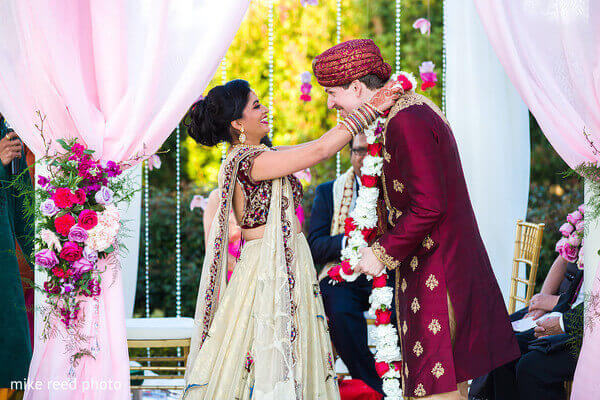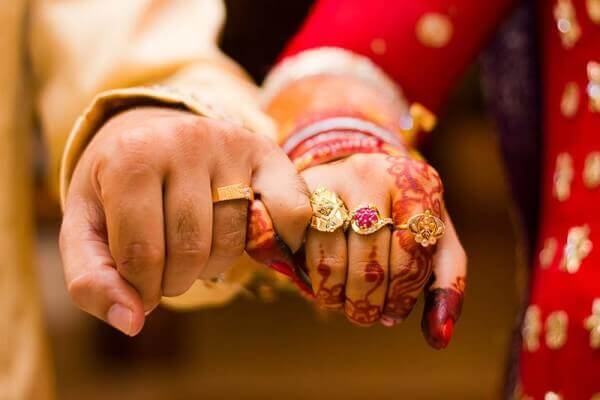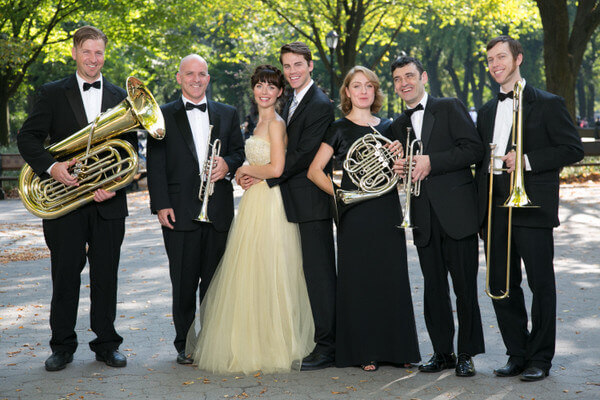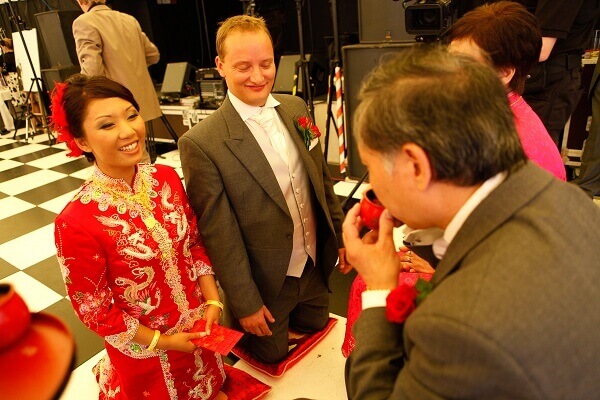The definition of marriage can easily be explained to be when two people are joined in love as one. Sounds like a cliché, right? The union that occurs between two people where each person brings their individually unique beliefs and cultures. At the early stages of relationship, these concepts may seem insignificant as passion and love blur the differences that exist. These differences become increasingly complicated and obvious as the wedding ceremony draws near.

Planning your wedding can be tricky especially when both of you are from very different religions or cultures. These conflicting differences that exist may be difficult to embrace the way both of you embrace each other
Same Kind of Different

You can go to my website and read couples story on how they met and got their wedding a success. The website features everyday real weddings and it not only inspires you but it is fun to read. It is a fact that everybody has a different path of life, different families and a different story. This results in different ideas and expectations brought by the couples especially when planning a wedding.
Remember what’s Important

Planning a wedding is not easy, more so, when there is a difference in couple’s beliefs and culture. Disagreements about these differences in a couple’s beliefs and culture become increasingly obvious especially when planning wedding details. While trying to make family and friends comfortable and happy, likewise planning the wedding of your dreams; tensions and emotions may run high. The bond with your partner is really crucial at this point.
Focusing on the two of you resolve this conflicting feeling is also crucial at this point, it is the most important. But have it at the back of your mind that, marriage is also the merging of the two families not just the merging of the couple. So whenever possible make sure that both partners and families are represented in the ceremony.
Compromise Now, Compromise Later

The first situations where important decisions are to be made by the couple is their wedding plans. It involves thinking in line of “we and us” and not “me and you,” the first of many decisions to come, over the course of your marriage is the decision of faith and culture. The best way to view this situation it to look at it as a lesson that teaches respect and value of each partner and it is not to be seen as an obstacle.
Extend your compromise families and friends too. When there is an unfortunate clashing of faith or cultures among both families, hard feelings between families may arise and you must try to avoid this at all cost. Handle it well with grace and tact; this allows peace to reign among families and it also shows both families how special the person chosen as a partner by their loved one.
Create a Beautiful Melody by Balancing and Blending Different Beliefs

In the stage of a couple’s relationship, you and your partner’s differing beliefs and cultures were like musical solos. Independent and alone, now It becomes a symphony when you marry. Your unique belief and culture that made each of you special need not change but it can be more amazing when blended.
Here are some important blending tips that help both of you end up with melody than discord. You should remember:
1. First find out what is required and what is optional, solicit the guidance of your religious leader before planning your ceremony. This is critical in deciding what is important in each faith and culture.
2. Immediately after making your engagement public, I strongly advice pre-marriage counseling. It is like a stress test that prepares you for the pressures and frictions of real life. It does not matter the level of connection both of you feel; differences will arise eventually. Also, pre marital counseling aids in revealing things both good and bad about each other.
3. Compromising to make both families happy in your wedding plans, keeping in mind that it’s your special day. Know when to accept the fact that sometimes you cannot make everyone happy.
4. Shut out the wedding planning “noise” with prayer and meditation; this helps you to center yourself. You can meditate or pray as a couple or alone. The process helps you get centered, better prepared and keep calm as you handle the conflicts as they occur.
5. Seamlessly work to blend the beliefs and cultures together as “we” and “ours”. Combine these different set of rituals and links throughout the reception and ceremony.
For example:

Respect Traditional Dress: it is an important aspect of the ceremony; some cultures and belief have wedding requirements for traditional clothing or accessories. Work to respect that tradition especially If one partner has strong feelings about honoring this requirement. Or, you may include some aspects to your wedding attire.
Honor Common Traditions: carry out a thorough research on the similarities that exist between your faiths and cultures. Find out what is common and focus on those. For example gifts or rings exchange, the lighting of candles and the breaking objects.
Find Meaningful Readings and Scripture: love, understanding, unity, and peace should be the scripture or readings for the ceremony. So as to make all family members feel part of the wedding celebration.
Explain and Educate: the wedding officiant, a well-spoken family member or a friend in the ceremony can explain the rites and customs as they occur, making sure that guests understand what is going on. It can be uncomfortable when something is unfamiliar.
Your wedding day only happens once in your lives together, always remember this fact. Stay true and strong to what you believe in and compromise when you must. Show sensitivity to each family, friends, and guests, your effort will be appreciated by most people. Regardless of technicalities continue in your efforts, always remember to enjoy yourself. It happens only once with your partner and ultimately those that truly love you will stand by you.
